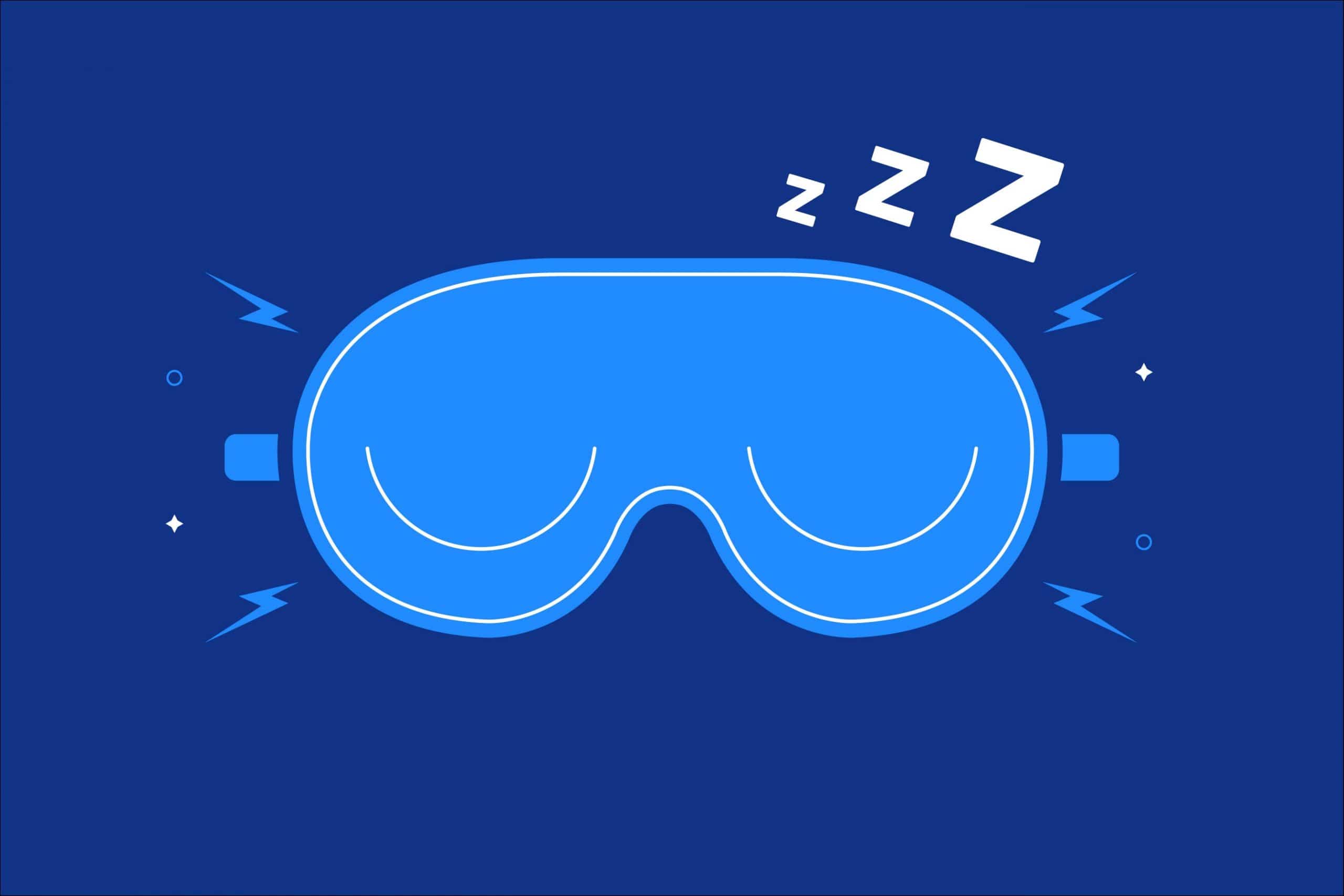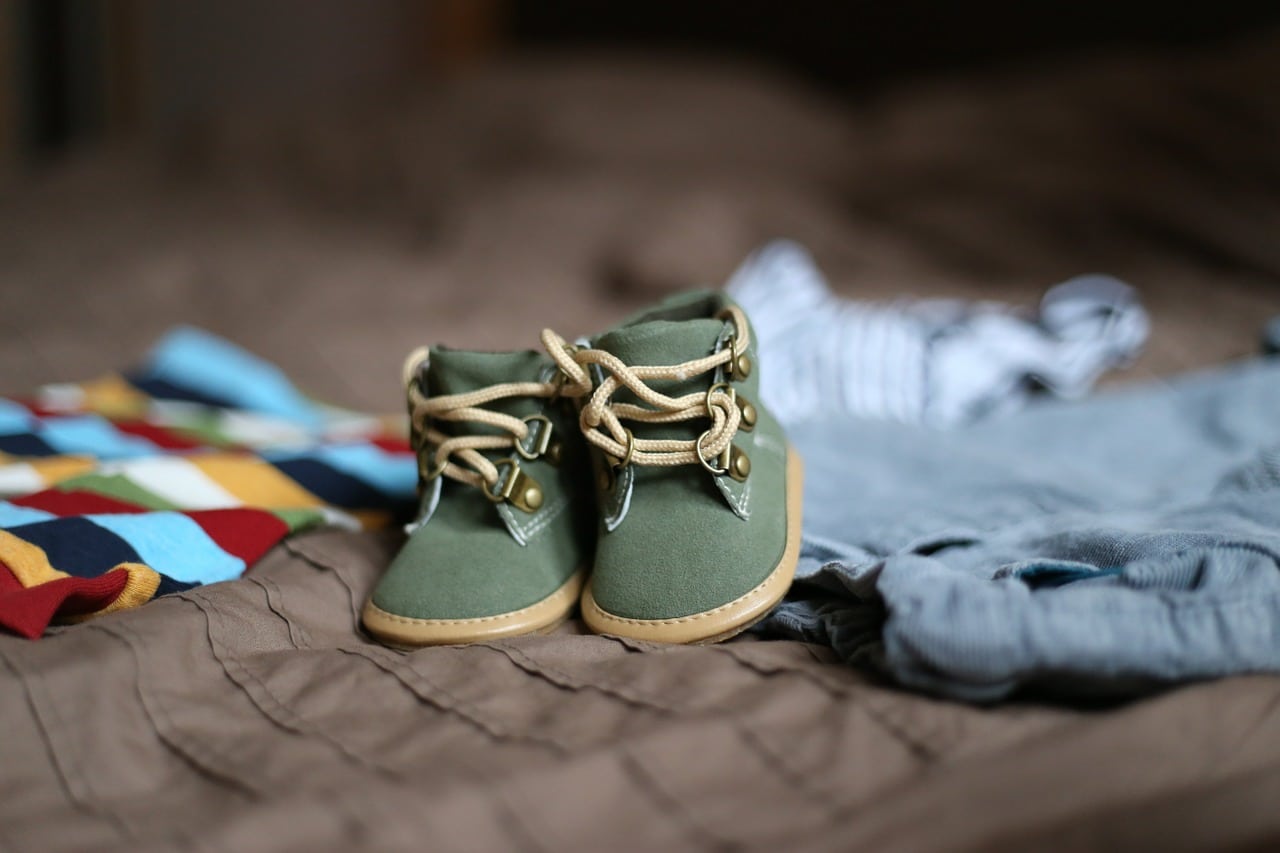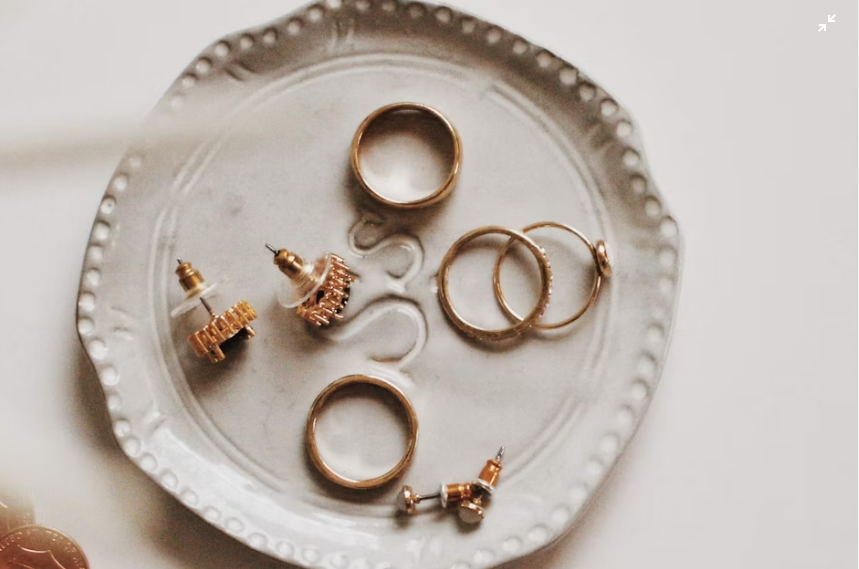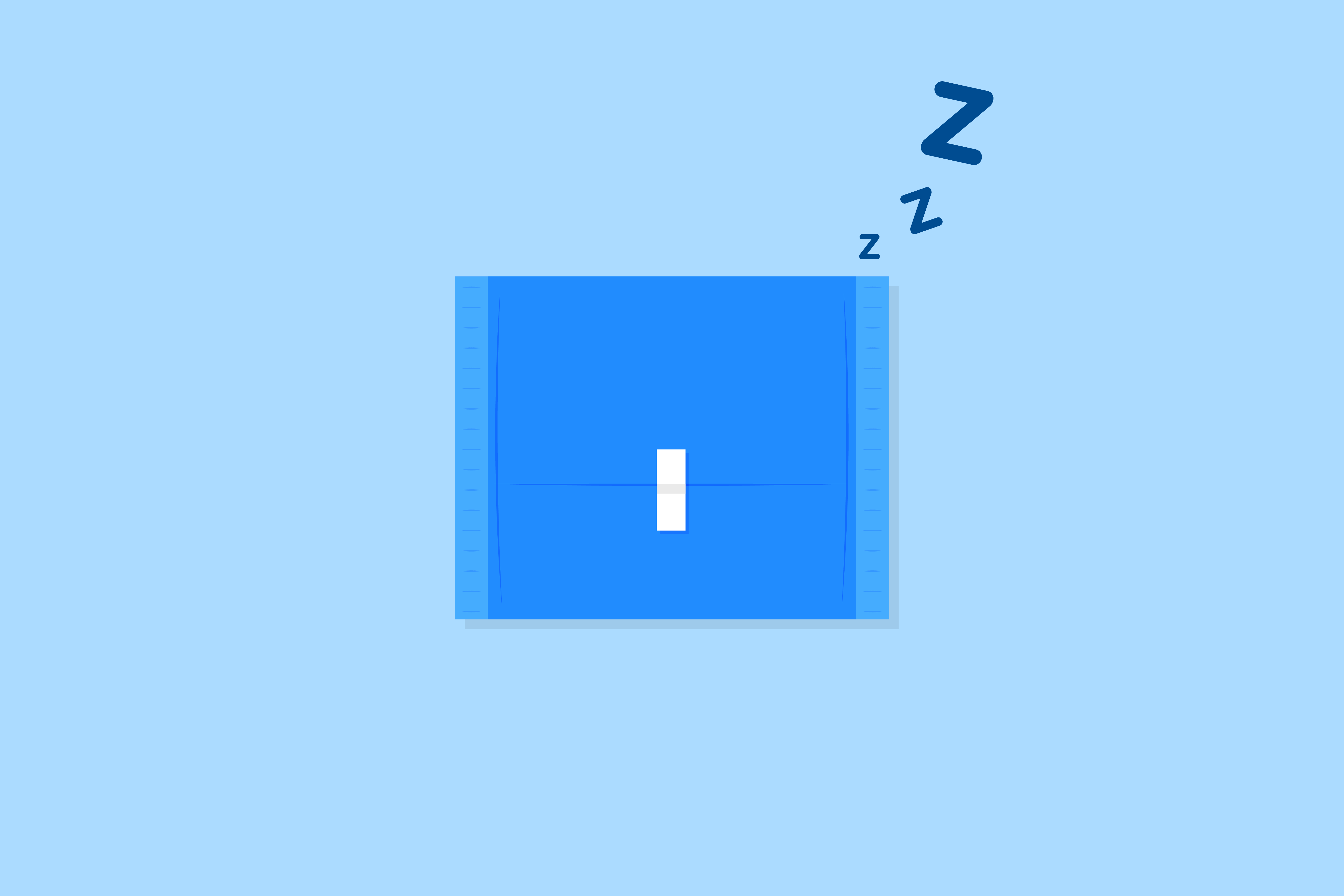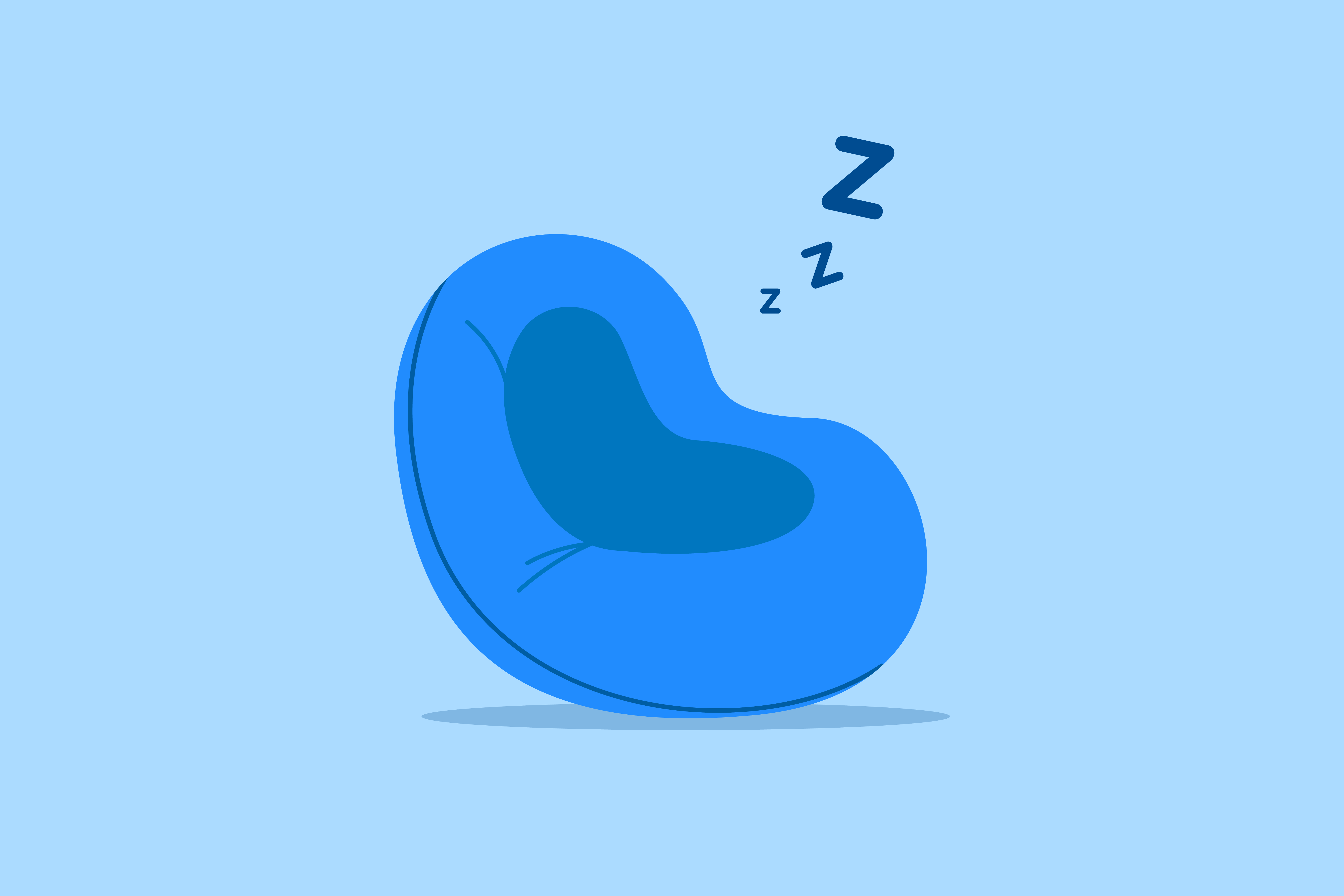Key Takeaways
- What is Mouth Taping: Mouth taping involves using special tape to close the mouth during sleep, potentially reducing or eliminating snoring by keeping the airway open.
- Is Mouth Taping a Good Idea: Mouth taping is not a universally recommended solution for snoring and sleep apnea, and its safety and effectiveness are a subject of debate among medical professionals. It may not be suitable for everyone, especially those with underlying medical conditions.
- Other Treatments and Lifestyle Changes: Try sleeping on your side, using nasal strips, elevating the upper body, and using oral appliances, which can be effective in addressing snoring and sleep-related issues. Always consult a healthcare professional for guidance on the most appropriate treatment for your individual situation.
Mouth taping is a technique used to prevent snoring by closing the mouth during sleep. It involves applying a special tape, such as medical-grade adhesive tape or a mouth tape specifically designed for this purpose, over the mouth to prevent it from opening during sleep.
Snoring often occurs when the muscles in the throat and mouth relax during sleep, causing the airway to narrow and vibrate, which results in the characteristic snoring sound. By keeping the mouth shut with tape, the airway is kept open, which can reduce or eliminate snoring.
Mouth taping has gotten some recent attention online as a way to alleviate symptoms of sleep apnea, a sleep disorder. Sleep apnea is characterized by episodes of interrupted breathing or shallow breathing during sleep, which can lead to snoring, daytime fatigue, and other health problems.
“I started using mouth tape in my personal life to train my body to nasal breathe more for better and more restful sleep, but my wife was quick to point out that it also helped me to stop breathing loudly and snoring at night,” explains Dr. Jordan Burns. “Win-win!”
However, it’s important to note that mouth taping may not be suitable for everyone. While it’s gained popularity as a simple, non-invasive home treatment, it’s only been looked at in a couple of studies as a treatment option.
“I definitely do not recommend mouth taping to everyone,” continues Dr. Burns. “But if you are a generally healthy individual simply looking to improve the quality of your sleep or decrease snoring, then it’s worth looking into or mentioning to your healthcare provider. I have personally found benefits to both.”
The Science of Mouth Taping
Nighttime mouth taping isn’t the most studied of practices. A 2009 study Verified Source National Library of Medicine (NIH) World’s largest medical library, making biomedical data and information more accessible. View source examined the effects of nighttime taping on fifty patients with symptomatic asthma. The study concluded that mouth taping had no effect on asthma control.
Another study in 2022 Verified Source National Library of Medicine (NIH) World’s largest medical library, making biomedical data and information more accessible. View source looked at mouth breathers with mild sleep apnea and documented the potential effects of mouth taping. This study concluded that mouth taping significantly improved snoring and reduced the severity of sleep apnea.It also suggested that mouth taping might be a step to consider before CPAP therapy and surgery for sleep apnea. While this sounds like good news, it’s important to remember that it’s only one study performed recently.
From these two studies alone, it’s difficult to conclude that mouth taping is a safe and effective treatment for snoring.
Do Doctors Recommend Taping Your Mouth?
In short, mouth taping is Verified Source Cleveland Clinic Ranked #2 hospital by U.S. News & World Report and one of the largest academic medical centers in America. The Cleveland Clinic serves patients from all over the world. View source a controversial technique for reducing snoring. There is no consensus among medical professionals about its safety and effectiveness, though many feel there is not enough scientific evidence to recommend it as a treatment.
It’s important to keep in mind that snoring can be a symptom of underlying medical conditions such as sleep apnea. Mouth taping alone may not be effective in treating these conditions and some medical professionals feel it may delay necessary medical treatment.
However, some doctors and sleep specialists may suggest mouth taping for certain individuals who have not found relief for nighttime mouth breathing and snoring from other treatments. Still, this recommendation is far from universal.
Plus, the suitability of mouth taping as a treatment for snoring will depend on individual factors, such as the severity and underlying cause of the snoring. And we can’t neglect to mention that mouth taping can carry potential risks, such as causing anxiety or difficulty breathing for some individuals.
“Mouth taping is not for everyone,” says Dr. Burns. “But I do believe that mouth taping is a good option for individuals with an active lifestyle and no nasal obstruction who are looking to implement another healthy habit into their routine.”
In general, doctors and sleep medicine specialists will likely recommend more than just mouth taping as a solution to snoring. Other, more established treatments for snoring and sleep apnea they suggest may be lifestyle changes, such as losing weight and sleeping on one’s side, as well as the use of continuous positive airway pressure (CPAP) machines or oral appliances.
Should I Tape My Mouth If I’m Using a CPAP Machine?
It is not recommended to tape your mouth if you are using a CPAP machine. The purpose of the CPAP machine is to deliver pressurized air through a mask that covers the nose and/or mouth, keeping the airway open.
“If you are using a CPAP machine, mouth tape would not be recommended,” agrees Dr. Burns. “There are too many other factors to address first before considering mouth tape.”
If your mouth is taped shut, it can interfere with the delivery of air from the CPAP machine. This interference can make it difficult to breathe and may compromise the effectiveness of the treatment.
Additionally, taping your mouth shut while using a CPAP machine can be dangerous in the event that the mask comes off or the machine stops working. If you are unable to breathe through your mouth due to the tape, you may not be able to get enough oxygen and could experience serious health consequences.
Can Nighttime Mouth Taping Help with Other Sleep Issues?
Mouth taping may have potential applications beyond a snoring solution. Some people use it to improve their sleep quality, alleviate dry mouth or throat, decrease the chances of bad breath, and reduce the risk of tooth decay and gum disease caused by mouth breathing. Oral health and good sleep are intertwined in many ways, after all.
However, there is limited scientific evidence to support that claimed benefits of mouth taping comes. It’s best to work with your doctor to come up with a suitable treatment or prevention plan.
Some online bloggers have also talked of using mouth taping as an anti-aging measure for their skin. While there are some anecdotal reports that mouth taping can lead to a reduction in fine lines and wrinkles around the mouth, there is otherwise no scientific evidence to support this claim.
Wrinkles are caused by a complex interplay of genetic, lifestyle, and environmental factors. It is unlikely that simply taping the mouth shut at night would have a significant impact on this process. Instead, we suggest following a carefully constructed nighttime skin routine.
What Tape Should I Use While Sleeping?
Literally taping up your mouth with Scotch tape, masking tape, or duct tape isn’t a good idea for many reasons. In short, these tapes are not designed for the body, and any tape not meant for skin or medical use can have inconvenient to serious side effects. Such tapes may cause rashes, skin tears, or other skin irritation, or they might negatively impact your breathing.
Here’s a look at tapes you shouldn’t use as sleep tape:
- Duct Tape: Duct tape is not suitable for mouth taping as it is too strong and may cause skin irritation, damage, or tears. It may also make it difficult to breathe through your mouth if necessary.
- Electrical Tape: Electrical tape should not be used for mouth taping as it may contain chemicals or adhesives that are not safe for use on the skin.
- Masking Tape: Masking tape is not designed to be used on the skin and may cause irritation or other damage to the skin.
- Washi Tape: Washi tape is a type of decorative adhesive tape that originated from Japan. It is made from natural fibers such as bamboo or hemp and is usually coated with a non-toxic acrylic adhesive. However, despite these natural materials, it is not meant for the body and may leave residue on the skin, much like other types of masking tape.
- Painter’s Tape: While painter’s tape is designed to leave behind less residue than masking tape, it’s still not suitable for use on the body.
- Athletic Tape: Athletic tape is not recommended for mouth taping during sleep as it may be too strong and may cause skin damage. Due to its strength, it can also cause breathing difficulties if used on the mouth.
- Packing Tape: Packing tape is sturdy and meant for sealing boxes and packages, not to be applied to the body. It will be too strong and thick and can cause skin irritation or breathing problems.
- Flooring Tape: Flooring tape is, as the name suggests, designed for use on floors and is not meant to come into contact with the skin.
So if you are going to try mouth taping, what should you use? There are a couple of options:
- Surgical Tape: As a medical device, surgical tape is designed to be gentle on the skin and is a popular choice for mouth taping during sleep.
- Pre-cut Mouth Tape: There are specialized mouth taping strips that are pre-cut and designed specifically for this purpose. These strips are easy to use and can be more comfortable than traditional tape.
“I have used many different kinds of mouth tape from Amazon and social media ads over the years,” explains Dr. Burns. “The best way to find one is looking into the reviews and then trying them for yourself.”
Look for a tape that is breathable, not just for the mouth but for the skin. Ensuring your skin can breathe prevents later skin irritation or breakouts. You can also try applying a food-safe gel or oil around your mouth before you put on the tape. This layer can act as a buffer and prevent the tape’s adhesive from causing irritation.
When it comes to materials, mouth tape should also have a fabric or paper backing, rather than a plastic backing. This is because plastic backings can create airtight seals that can cause breathing difficulties, especially if the person using the tape has any respiratory issues or sleep apnea.
Fabric or paper backings are more breathable and allow for air to circulate through the tape. Plus, fabric and paper backings are more comfortable and less likely to cause irritation or skin reactions, which is important when using the tape on sensitive areas like the mouth and lips.
Using Mouth Tape Safely
As a reminder, there are no official medical guidelines on how to use mouth tape safely. We strongly caution against trying it without consulting with your doctor or a sleep specialist first.
Before using the mouth tape for the first time, it is a good idea to test it on a small area of skin to ensure you do not have an allergic reaction to the adhesive.
It’s also smart to try wearing your mouth tape for a while when you’re awake, to see if you experience any breathing issues. If you find yourself struggling for air, you should not mouth tape.
When you apply the tape to your face, try folding over one end of the tape against your cheek. This will provide you with an easy-to-grab strip when you wake up in the morning.
Potential Side Effects of Mouth Taping
Mouthing taping to treat snoring is a treatment that needs further study. As a result, this list of possible side effects should not be considered complete, as it is primarily compiled from anecdotal evidence:
- Dry Mouth: Mouth taping can lead to dry mouth, especially if you breathe through your mouth during sleep. This can cause discomfort and may increase the risk of bad breath or, more seriously, dental problems and oral infections.
- Anxiety: Some people may feel anxious or claustrophobic when their mouth is taped shut during sleep, worrying about issues such as breathing properly. This can make it difficult to fall asleep or may cause restless or disrupted sleep.
- Skin Irritation: The adhesive on the tape used for mouth taping may cause skin irritation, especially if you have sensitive skin or are prone to allergic reactions. You may also experience pain removing the tape, especially if you have facial hair.
How Do I Encourage Nose Breathing While Sleeping?
Mouth taping is meant to encourage breathing through the nose as you sleep. And it is certain that nose breathing has its benefits. Our nasal passages are designed to warm, filter, and humidify the air we breathe, which can help protect the lungs from pollutants, allergens, and irritants. They are also lined with tiny hairs called cilia that help trap bacteria and viruses, reducing the risk of respiratory infections.
Plus, breathing through the nose can help minimize snoring from your mouth. Snoring is often caused by the vibration of the tissues in the throat when air flows through a narrowed airway during sleep. Breathing in and out through the nose can help increase the airflow and decrease the likelihood of the tissues vibrating, reducing snoring.
But how can you ensure that you nose breathe when you’re fast asleep? There are a few tricks you can try.
Breathe Through the Nose When Awake
Practice breathing through your nose during the day to help train your body to breathe through your nose while you sleep. Pay attention to your breathing throughout the day and consciously try to breathe through your nose. You can also practice deep breathing exercises to help encourage nose breathing.
“This is arguably one of the best health habits that you can start doing to improve the overall quality of your sleep and your life,” advises Dr. Burns. “Nasal breathing puts you into a more calm and parasympathetic state so the more that you can implement it into your life, the better.”
You can even try breathing aids that encourage nose breathing and discourage breathing through the mouth.
Ensure Airflow in Nasal Passages
Use a saline nasal spray or a nasal decongestant to clear your nasal passages before going to bed. This can help reduce the likelihood of breathing through your mouth. A nighttime nasal strip can also help open up your nasal passages and make it easier to breathe through your nose as you sleep.
Practice Relaxation Techniques
Stress and tension can cause you to breathe through your mouth during sleep. Too much stress can also cause nighttime teeth grinding, another issue that snorers can face.
Establish a bedtime routine that lets you relax and unwind in the hour or so before sleep. Try a hot bath, a soothing book, or a cup of herbal tea or warm milk.
Of course, you may also need oral appliances and sleep apnea treatments to stop grinding your teeth at night, not just relaxation techniques.
See also The Connection Between Grinding Your Teeth and Sleep Apnea
Alternatives to Mouth Taping
We list all of these possible treatments for educational reasons only. It’s important to consult with your doctor, a sleep specialist, or other professionals such as a dentist before you make any major lifestyle changes. They can help you determine if a treatment strategy is suitable for your needs or if something else would work better.
Side Sleeping
Side sleeping can be an effective snore prevention technique. When a person sleeps on their back, the tongue and soft tissues in the throat can fall back and block the airway, leading to snoring and other breathing problems. Sleeping on the side can help to prevent this by keeping the airway open and allowing for better airflow.
“Sleeping on my side and using mouth tape have vastly improved the quality of my sleep,” notes Dr. Burns.
Of course, some find it easier said than done to switch to side sleeping. Aside from having one of the best mattresses for side sleeping, we recommend trying one of several strategies that can be used to encourage side sleeping and reduce snoring:
- Use a Body Pillow: As the name suggests, a body pillow is a pillow hugged to the body. A long, cylindrical body pillow can be used to support the back and prevent rolling onto the back during sleep. Some side sleepers may also find that holding a body pillow minimizes tossing and turning.
- Try a Tennis Ball: Sew a tennis ball onto the back of your pajamas to make it uncomfortable to lie on your back.
- Wear a Backpack: Wear a backpack to bed with a couple of pillows inside. This can help prevent you from rolling onto your back.
However, side sleeping may not be effective for all individuals with snoring or obstructive sleep apnea, particularly those with underlying sleep disorders and medical conditions. It’s important to consult with a healthcare professional to determine the best course of action.
Elevating Upper Body
Elevating the upper body during sleep can help reduce snoring by promoting better airflow and reducing the likelihood of the airway becoming obstructed. When a sleeper is lying flat, gravity can collapse the soft tissues. Raising the upper body can prevent the soft tissues in the throat from collapsing and narrowing the airway, a common cause of snoring.
However, you don’t want to just arrange pillows on your bed into a pile that can help you fall asleep at an angle. For maximum comfort, sleepers should consider a wedge pillow or an adjustable bed:
- A wedge pillow is a specially designed pillow that is elevated at an angle to promote better airflow and reduce snoring. Using a wedge pillow is simple, as you place it with the wider end of the wedge at the head of the bed. Then, lie down on your back with your upper body positioned on the sloping surface of the wedge pillow.
- An adjustable bed is a bed frame that allows you to adjust the position of the mattress and the angle of the head and footrests. It is often used to alleviate various health issues, including snoring and sleep apnea. To stop snoring, you should elevate the head of the bed by raising the headrest to a comfortable angle, usually between 30 and 45 degrees. Some models even have an anti-snore preset.
Another way to elevate the sleeper’s upper body is to prop up the head of the bed with blocks or bed risers. Like a wedge pillow, this can be more affordable than a new adjustable bed model.
Nasal Strips
Nasal strips are small adhesive strips placed on the outside of the nose. They work by gently pulling the nostrils apart to open up the nasal passages, increasing airflow and improving nasal breathing. Nasal strips are often used as a non-invasive and drug-free solution for snoring linked to nasal congestion or other breathing difficulties.
Nasal strips are easy to use and can be applied to clean and dry skin on the outside of the nose. They should be positioned correctly to ensure the best results, and they can be worn while sleeping or during physical activity to help improve breathing. It’s important to note that nasal strips may not be suitable for individuals with certain skin conditions or allergies.
Mouthguards
Mouthguards, also known as oral appliances, can be effective in treating snoring and mild to moderate obstructive sleep apnea. They work by repositioning the jaw and tongue to improve airflow during sleep.
These oral appliances are custom-fitted by a dentist or orthodontist to the individual’s mouth and teeth. They are designed to hold the lower jaw slightly forward and the tongue in a forward position, which helps to keep the airway open.
Mouthguards can be effective for individuals who snore or have mild to moderate sleep apnea, particularly if they have not found relief from other treatments, such as lifestyle changes for mild sleep apnea or continuous positive airway pressure (CPAP) therapy. However, they may not be suitable for everyone, particularly those with severe sleep apnea or certain dental conditions.
There are several types of mouthguards available, including mandibular advancement devices (MADs), which are the most commonly prescribed type of oral appliance for snoring and sleep apnea. MADs are designed to fit over the upper and lower teeth and have adjustable settings to gradually move the lower jaw forward.
Other types of oral appliances include tongue-retaining devices (TRDs), which hold the tongue in place to prevent it from obstructing the airway, and palatal lift devices, which lift the soft palate to improve airflow.
CPAP/BiPAP Machines
CPAP (continuous positive airway pressure) and BiPAP (bilevel positive airway pressure) machines are two of the most commonly used treatments for sleep apnea and snoring. These machines deliver pressurized air through a mask that is worn over the nose and/or mouth during sleep, helping to keep the airway open and prevent snoring and apneas (pauses in breathing).
CPAP machines deliver a constant, continuous stream of air at a fixed pressure, while BiPAP machines deliver two levels of pressure: a higher pressure during inhalation and a lower pressure during exhalation. BiPAP machines are typically prescribed for individuals who have difficulty tolerating the higher pressure of CPAP therapy.
Both CPAP and BiPAP machines require a prescription from a healthcare professional and must be properly calibrated and adjusted for the individual’s needs. The pressure settings can be adjusted based on the individual’s sleep study results, and the mask should be fitted to ensure a comfortable and secure fit.
Air Purifiers
Air purifiers can minimize snoring linked to allergies by improving the quality of the air in the bedroom. Snoring can be caused or worsened by various irritants in the air, such as dust, pollen, pet dander, and other allergens. As the name suggests, air purifiers work to clean up air by sucking up these small particles you might otherwise breathe in.
By removing these irritants, air purifiers can help alleviate congestion and inflammation in the nasal passages and throat. Treating these symptoms makes it easier for individuals to breathe while sleeping, eliminating snoring.
In particular, air purifiers with HEPA (High Efficiency Particulate Air) filters are effective at capturing small particles, including common allergens that can trigger snoring. Other air purifier benefits include keeping the bedroom free of unpleasant odors.
Humidifiers
Similar to air purifiers, humidifiers can be helpful for some snorers by keeping the air in the bedroom moist and comfortable. Dry air can irritate the throat and nasal passages, leading to congestion and inflammation, which can contribute to snoring.
In particular, humidifiers for sleep can be helpful for individuals who snore due to allergies, sinus congestion, or other respiratory conditions. Humidifiers can also help alleviate dry skin, eyes, and throat, reduce the risk of respiratory infections, and improve sleep quality and comfort.
“Mouth taping is not for everyone. But I do believe that mouth taping is a good option for individuals with an active lifestyle and no nasal obstruction who are looking to implement another healthy habit into their routine.”
Dr. Jordan Burns, DC, MS
Frequently Asked Questions
Does mouth taping help sleep apnea?
Mouth taping is not a recommended treatment for sleep apnea. Sleep apnea is a serious medical condition that requires medical treatment, such as continuous positive airway pressure (CPAP) therapy. Mouth taping can sometimes help stop snoring by encouraging breathing through the nose instead of the mouth. However, it is not a recommended treatment for snoring, and can even be dangerous for some people.
Why do I snore from my throat with my mouth closed?
Snoring can occur when the muscles in the throat relax and narrow the airway, causing vibration as air passes through. Even with the mouth closed, air can still flow through the narrowed airway and cause snoring.
Close-mouthed snoring may also be caused by blocked nasal passages, enlarged tonsils, or weak palatal tissue. Even if a person typically snores through their nose, they may also snore with their mouth closed if their nasal passages are severely blocked.
When should I talk to my doctor about snoring?
You should talk to your doctor about snoring if it is accompanied by other symptoms such as gasping for air or pauses in breathing during sleep, excessive daytime sleepiness, or if it is otherwise affecting your quality of life. It is especially important to seek medical attention if you suspect you may have sleep apnea.
If you share the bed with a partner, you should also seek a doctor’s help if your snoring is negatively affecting your partner’s sleep quality.
How do I stop snoring through my mouth?
To stop snoring through your mouth, it’s often best to look at ways to stop snoring in general. Snoring can be caused by several factors such as obesity, sleep position, and nasal congestion.
Being overweight can increase the likelihood of snoring. So losing weight can reduce or even eliminate snoring in some cases. Similarly, sleeping on your back can cause your tongue and soft palate to collapse to the back of your throat, which can cause snoring. Try sleeping on your side instead.
If you have nasal congestion, use a saline nasal spray or a nasal decongestant before going to bed. Understand also that dry air can irritate the tissues in your throat and cause snoring. Using a humidifier can help keep the air moist and reduce snoring.
Do chin straps for snoring work as a mouth taping alternative?
Chin straps can reduce snoring in some people, particularly if their snoring is caused by mouth breathing during sleep. Chin straps function similarly to mouth taping by holding the jaw in a closed position. Keeping the jaw closed can help prevent the airway from becoming obstructed and reduce snoring.
However, chin straps may not be effective for everyone. It is also important to address any underlying sleeping disorders or medical conditions that may be contributing to snoring, as chin straps may not be enough to negate the effects of sleep apnea. Always consult with a healthcare professional to determine the best treatment options for your individual situation.
The Bottom Line
In conclusion, mouth taping for snoring has gained popularity online as a potential solution for sleep apnea, but medical professionals are divided on its effectiveness and safety. While some doctors may recommend it as a treatment for nighttime mouth breathing and snoring, it’s important to keep in mind that snoring can be a symptom of underlying medical conditions or sleep disorders that may require more comprehensive treatment.
It’s also important to use the right kind of tape, such as surgical tape or pre-cut mouth tape, to avoid potential risks like skin irritation or difficulty breathing. Ultimately, if you’re considering mouth taping, it’s best to consult with a doctor or sleep specialist to determine the best course of action and discuss other treatment options first.
About the author
Geoff McKinnen is a writer focusing mainly on the healthcare industry and has written articles on everything from foods to help you lose weight to the connection between Alzheimer’s and sleep. Geoff’s passionate about helping readers improve their well-being to lead happier lives. Outside of work, Geoff enjoys cycling and hiking and believes that by leading a healthy lifestyle, he can help others do the same.
View all posts